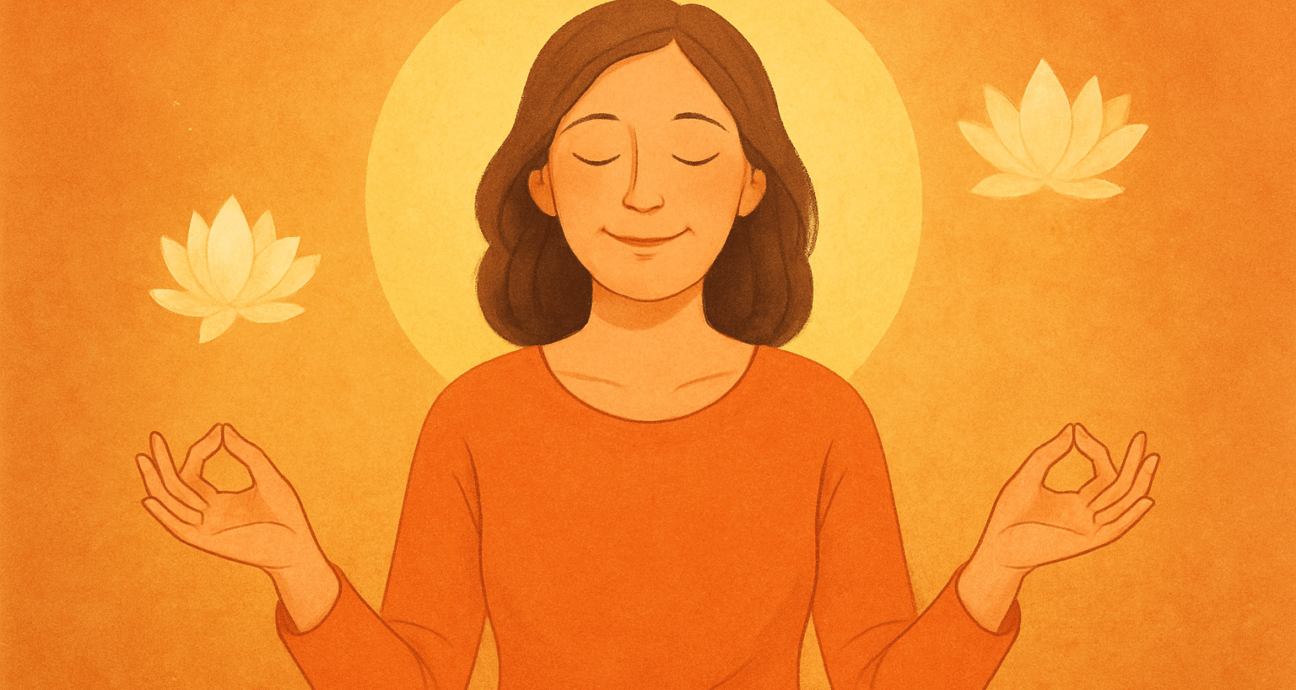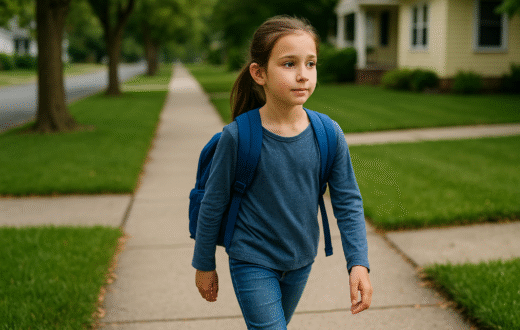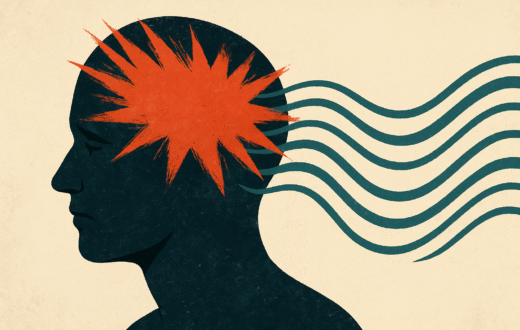Cultivating Joy Through Mindfulness-Based Therapy

For more than twenty years, I have explored how mindfulness practices can reshape the brain and support healing from what many researchers call the “diseases of despair”—addiction, chronic pain, and emotional suffering. One of the approaches I developed, Mindfulness-Oriented Recovery Enhancement (MORE), has recently shown remarkable results in a study published in Science Advances.
The research analyzed four clinical trials involving 135 adults who used opioids daily to manage chronic pain. Participants were randomly assigned to either an eight-week MORE program or eight weeks of supportive psychotherapy. To measure changes in brain function, we used EEG recordings while participants were exposed to opioid-related images and natural reward cues (such as smiling infants, romantic gestures, or sunsets).
Findings revealed a clear pattern: those who received MORE demonstrated decreased brain reactivity to drug cues and a stronger response to natural, healthy rewards, especially when they engaged in mindfulness techniques that emphasized savoring positive experiences. This suggests that MORE helps redirect the brain’s reward system away from dependence on opioids and toward life’s everyday sources of joy.
This is particularly significant because long-term opioid use is known to heighten pain sensitivity while reducing the brain’s ability to feel pleasure from natural rewards. This diminished joy often contributes to escalating opioid use and dependence.
Beyond the brain data, participants in MORE reported greater meaning in life, more positive emotions, less pain, and a lower risk of opioid misuse compared to those in the control group. Even three months after treatment, the benefits persisted.
MORE integrates mindfulness, cognitive reappraisal, and savoring to train individuals to find meaning and amplify positive experiences—even during hardship. These results indicate that MORE may serve as a powerful therapeutic tool, not only reducing pain and addictive behaviors but also enhancing resilience and happiness. With millions suffering from chronic pain and the ongoing addiction crisis, the need for effective interventions is urgent. Evidence strongly suggests that MORE can offer hope and healing where it is most needed.





